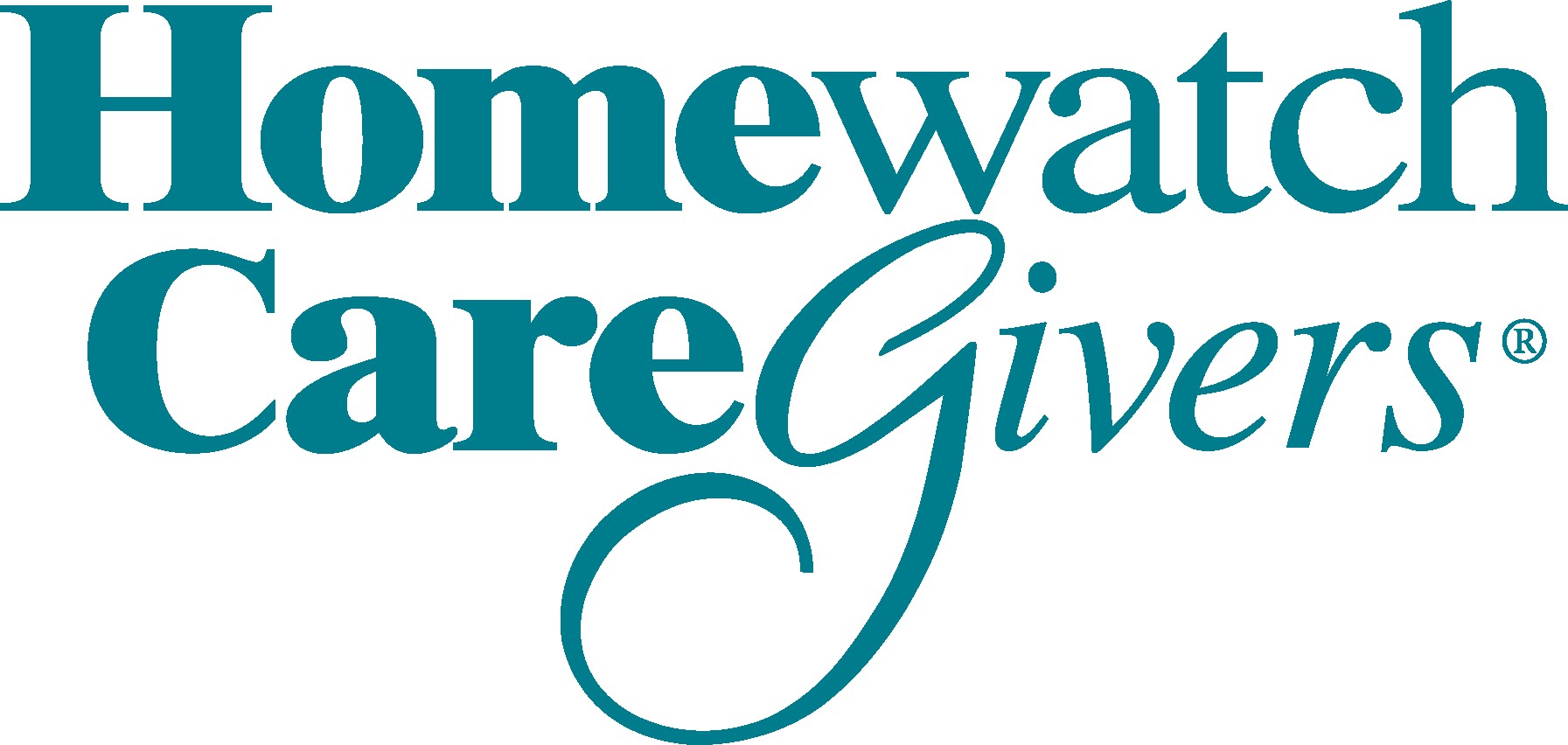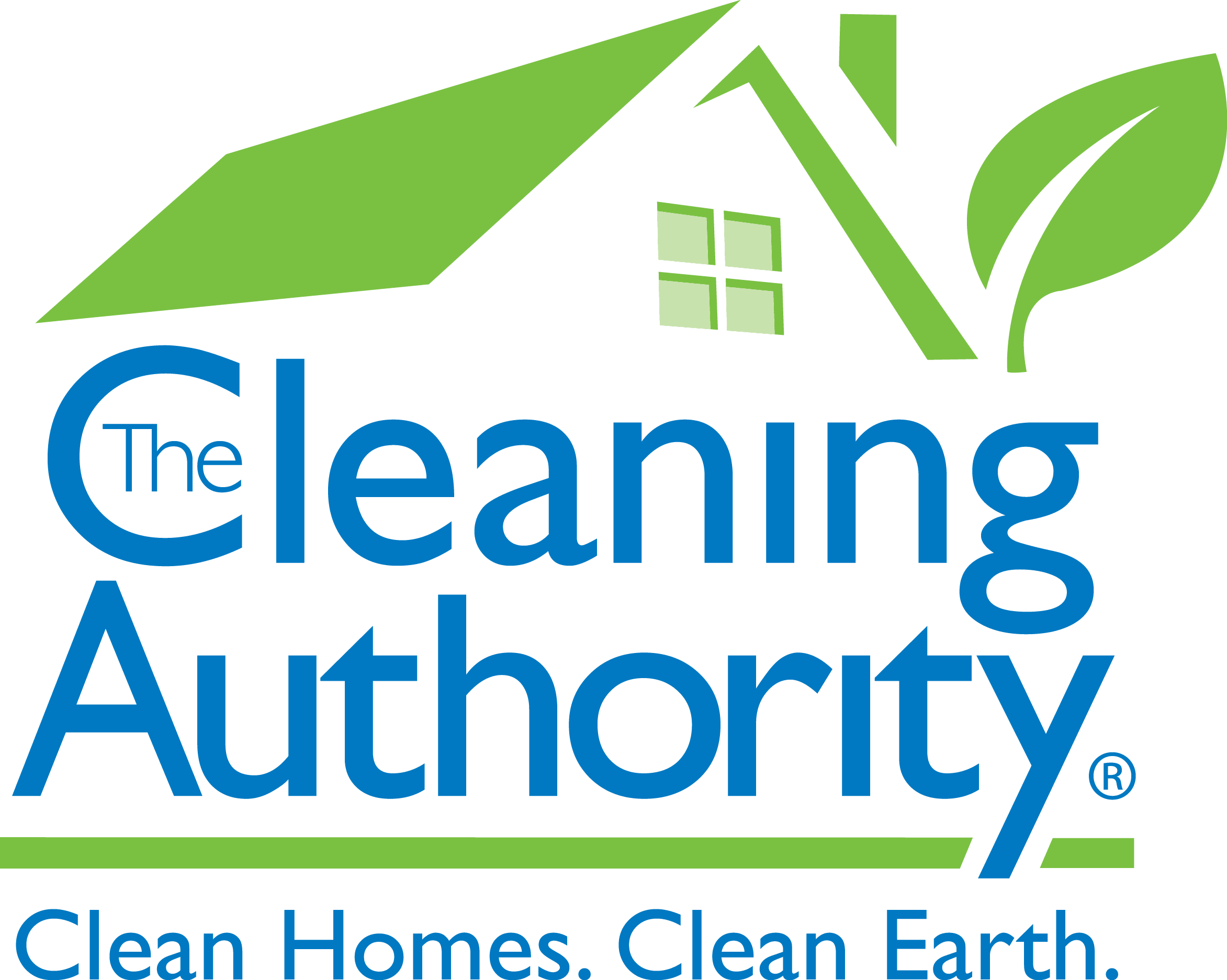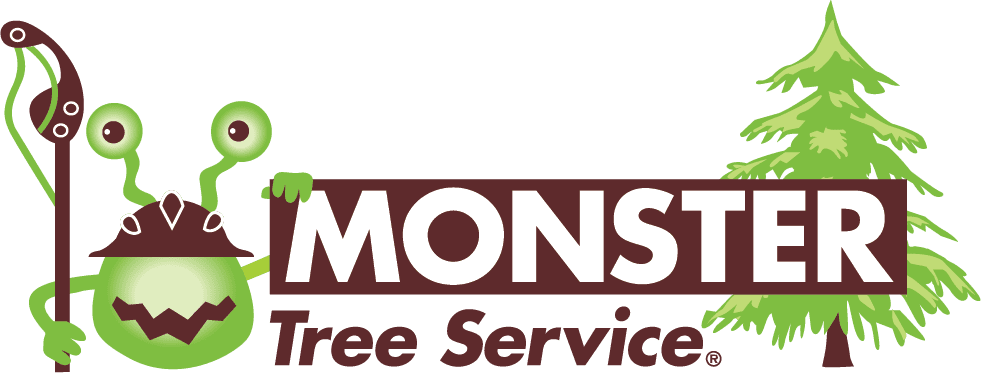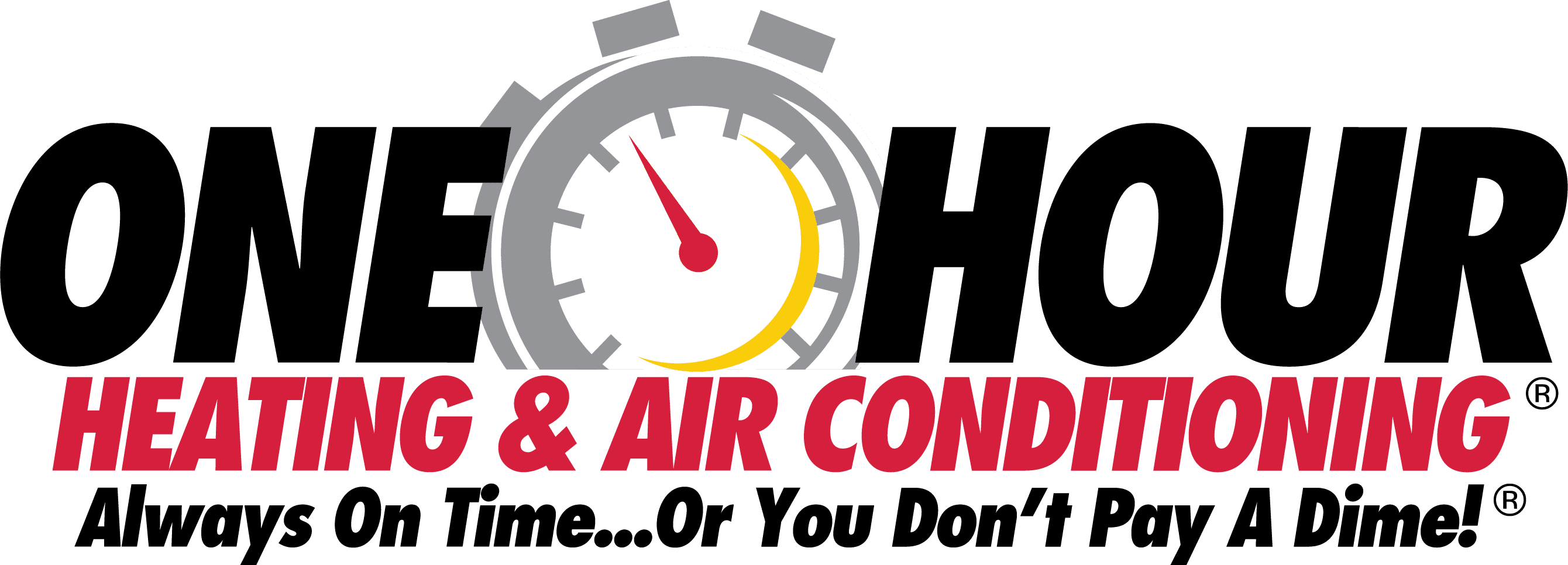Download the Build a Caregiving Business Brochure

How to Start an In-Home Care Business: A Step-by-Step Guide
October 7, 2025
Thinking about starting an in-home care business? You’re in the right place.
In this ultimate guide, we’ll walk you through how to launch a home care business, explore its profit potential, break down the initial investment and startup costs, and show how partnering with a trusted franchise like Homewatch CareGivers can fast-track your success.
With decades of experience, an established care model, and robust support systems, Homewatch CareGivers empowers entrepreneurs to make a meaningful impact in their communities, while building a thriving business.
Table of Contents
Starting an in-home care business represents a profoundly impactful and financially rewarding venture. You are embarking on a journey that provides essential services and in home care to a vulnerable population, offering comfort, dignity, and independence to seniors in their own homes. Whether you’ve worked in caregiving, healthcare, management, or are simply someone drawn to helping older adults stay in their homes, demand for quality in‑home care is rising, and the business model is well suited to long‑term stability.
Franchising with Homewatch CareGivers offers a powerful head start. Instead of figuring everything out from scratch, you’ll benefit from over four decades of established systems, brand trust, and ongoing support. From business planning to caregiver training, Homewatch CareGivers equips you with the tools you need to succeed.
This guide will walk you through everything you need to consider before launching your at‑home care business, from understanding the market, staffing, and operations, to how franchising with an established brand like Homewatch CareGivers can help simplify the process and support your success over the long haul.
Understanding the Landscape of In-Home Care
Before you launch your business, it is imperative to grasp the fundamental dynamics and opportunities within the in-home care sector. This understanding will inform your strategic decisions and position you for long-term success. Homewatch CareGivers provides comprehensive territory analysis tools during your onboarding, helping you understand local demographics, competition, and referral landscapes. This market insight gives you an edge from the start, ensuring you position your services in areas with high demand and growth potential.
Why Choose In-Home Care?
The decision to enter the in-home care market is often driven by a blend of personal passion and professional opportunity. You are choosing a field where your efforts directly improve lives.
- Growing Demand: The aging demographic worldwide ensures a continually expanding need for in-home care services. As the population ages, more individuals will require assistance to maintain their independence at home.
- Meaningful Impact: You will provide invaluable support to seniors and their families, offering peace of mind and enhancing quality of life. This work offers a unique sense of purpose and fulfillment.
- Flexibility and Scalability: An in-home care business can be started on various scales, allowing for growth and adaptation as your business matures. You have the flexibility to design a business model that aligns with your resources and aspirations.
- Community Contribution: By offering high-quality care, you contribute significantly to the well-being of your local community, becoming a trusted resource for families in need.
How franchising with Homewatch CareGivers Helps
Choosing an in-home care is meaningful, but choosing to do it with Homewatch CareGivers means you’re never alone. From your very first discovery call to opening day and beyond, Homewatch CareGivers’ seasoned franchise support team helps guide your business decisions, helping you avoid costly missteps and maintain focus on what matters most: client care and growing your business.
Key Differentiators in the Market
To thrive, your business must stand out. Identifying and leveraging your unique strengths will be crucial in attracting and retaining clients. Consider how you will differentiate your services from competitors.
- Specialized Services: Will you offer specialized care for dementia patients, post-operative recovery, or respite care for family caregivers? Niche services can attract specific client segments.
- Caregiver Quality: The caliber of your caregivers will be a primary differentiator. Emphasize rigorous screening, comprehensive training, and ongoing professional development to ensure exceptional care delivery.
- Technology Integration: Utilizing innovative technology for care coordination, family communication, and health monitoring can enhance efficiency and demonstrate your commitment to modern care solutions.
- Personalized Care Plans: Emphasize truly individualized care plans that adapt to each client’s evolving needs, moving beyond a one-size-fits-all approach. This demonstrates genuine client-centered care.
- Community Engagement: Active participation in local home care networks, health fairs, and community events can build trust and establish your agency as a valued community partner.
Strengths & Stability of the In-Home Care Industry
The in-home care industry is characterized by robust demand and inherent stability, making it an attractive sector for entrepreneurs. You are entering a market with enduring needs.
- Demographic Imperative: The sheer number of aging individuals ensures a steady and increasing demand for in-home support. This demographic trend provides a solid foundation for business longevity.
- Preference for Home-Based Care: A strong majority of aging individuals express a desire to “age in place.” This preference drives the demand for services that enable independent living in familiar surroundings.
- Cost-Effectiveness: In many cases, home care is a more cost-effective alternative to institutionalized care, making it an appealing option for families and often preferred by long-term care insurance providers.
- Resilience to Economic Fluctuations: Essential services like in-home care tend to be more resilient during economic downturns compared to discretionary spending, offering a degree of stability to your business.
- Continual Innovation: The industry consistently adapts through technological advancements and evolving care models, presenting ongoing opportunities for growth and improvement.
In an industry that’s already stable, Homewatch CareGivers helps make your business even more resilient. With dedicated business coaching, an experienced leadership team, and adaptable technology solutions, you’re equipped to thrive through market shifts, economic changes, and evolving client needs.
Homewatch Connect enhances traditional home care with remote communication and monitoring. Through video calls, motion and sound detection, and on-screen alerts for medications and appointments, caregivers can stay connected and engaged with clients, even when they’re not physically present.
Phase 1: Laying the Foundation for Your Business
The initial phase involves critical preparatory steps that will establish a solid, legally compliant, and strategically sound foundation for your senior home care business. Your diligent work now will prevent future complications.
Step 1: Conduct Thorough Market Research
Effective market research is the bedrock of a successful business. You must understand your target audience and competitive landscape.
- Identify Your Target Demographics: Define the specific age groups, income levels, and care needs of aging individuals in your chosen service area. Are you targeting affluent families, veterans, or those with specific health conditions?
- Analyze Local Competition: Identify existing home care agencies in your area.
- Services Offered: What types of care do they provide?
- Pricing Structures: How do they charge for their services?
- Reputation and Reviews: What do clients and families say about them?
- Strengths and Weaknesses: Where do they excel, and where are there gaps in their service?
- Assess Local Needs and Gaps: Are there specific types of care or geographic areas underserved? This could represent a significant market opportunity for your agency.
- Understand Referral Sources: Identify potential referral partners such as hospitals, rehabilitation centers, senior living communities, physicians, and social workers. Building relationships with these entities will be vital for client acquisition.
Homewatch CareGivers provides in-depth demographic tools, heat mapping, and competitive analysis for your exclusive territory. You don’t have to guess where the best opportunities are, Homewatch CareGivers helps you identify markets and understand exactly where to focus your efforts.
View Homewatch CareGiver’s available territories!
Step 2: Develop a Comprehensive Business Plan
A well-structured business plan is your roadmap to success. It articulates your vision, strategy, and financial projections. This document is essential for securing funding and guiding your operational decisions.
- Executive Summary: Provide a concise overview of your business, mission, services, and financial projections. This is often the first and most critical section.
- Company Description: Detail your business structure, mission statement, values, and long-term vision. What unique philosophy will guide your operations?
- Services Offered: Clearly define the specific home care services you will provide. Be precise about what you will and will not do.
- Market Analysis: Present the findings from your market research, including your target market, competitive analysis, and identified opportunities.
- Marketing and Sales Strategy: Outline how you will attract clients and differentiate your services. Detail your branding, pricing, promotional activities, and sales approach.
- Management Team: Introduce your leadership team, highlighting their relevant experience and qualifications. Who will be responsible for key areas of the business?
- Operational Plan: Describe how your business will function daily, including staffing, scheduling, client intake, and care delivery processes.
- Financial Projections: Include detailed startup costs, revenue forecasts, profit and loss statements, cash flow projections, and a break-even analysis. This section is critical for investors and for your own financial planning.
- Funding Request (if applicable): If seeking external funding, specify the amount requested and how the funds will be utilized.
Your business plan is a living document that will evolve. Regularly review and update it to reflect your business’s growth and changing market conditions.
Initial Investment: Understanding Startup Costs
To start a Homewatch CareGivers franchise, you’ll need to account for various upfront and ongoing costs. Here are the key numbers and what they include:
Franchise Fee: $50,000
Total Initial Investment: $121,640 ‑ $177,830
Royalty Fee: 5%
Brand/National Fund Fee: 0.5‑2% for ongoing brand marketing, etc.
Other startup costs often include: insurance, licensing, office setup or home‑office, recruiting/training caregivers, marketing, software & technology, legal/compliance.
Financing options are available: SBA loans, home equity, and 401(k) rollover or self‑directed funding, etc. Homewatch CareGivers has partners and relationships to help with funding.
Learn more about Homewatch CareGivers investment and financing opportunities!
Step 3: Secure Necessary Licenses and Certifications
Navigating the regulatory landscape is paramount. You must ensure full compliance with all local, state, and federal requirements. Failure to do so can result in significant penalties and jeopardize your business.
- Business Registration: Register your business entity (e.g., LLC, Corporation) with your state’s Secretary of State or equivalent office. Obtain an Employer Identification Number (EIN) from the IRS.
- State-Specific Licensing: Research and obtain any required state licenses for non-medical home care agencies. Licensing requirements vary significantly by state. Some states require extensive licensing, while others have minimal or no requirements for non-medical care.
- Local Permits and Business Licenses: Secure necessary permits and licenses from your city or county. This may include a general business license, zoning permits, and specific health department approvals.
- Insurance Coverage: Obtain comprehensive insurance policies, including:
- General Liability Insurance: Protects against claims of bodily injury or property damage.
- Professional Liability Insurance (Errors & Omissions): Covers claims related to negligent acts or omissions in professional services.
- Workers’ Compensation Insurance: Mandatory in most states, covers medical expenses and lost wages for employees injured on the job.
- Cyber Liability Insurance: Essential for protecting client data and privacy in a digital age.
- Background Check Compliance: Establish robust procedures for conducting thorough background checks on all caregivers, adhering to all legal requirements regarding criminal history and abuse registries.
Adherence to all regulatory stipulations is required.
Homewatch CareGivers helps with reviewing state regulations and licensing in your territory as part of the franchise onboarding process. Ready to begin your franchising journey? Click here to begin.
Phase 2: Building Your Operational Framework
With your foundation firmly in place, you will now focus on establishing the core operational elements that define your service delivery and ensure efficiency. This phase is about structuring your daily operations.
Step 4: Develop Robust Services
Your service offerings are the heart of your business. They must be clearly defined, comprehensive, and tailored to meet client needs.
- Define Core Services: Identify the essential non-medical services you will provide. Common offerings include:
- Personal Care: Bathing, dressing, grooming, toileting, mobility assistance.
- Companionship: Engaging in conversation, activities, reading, accompanying to appointments.
- Light Housekeeping: Laundry, tidying common areas, meal preparation.
- Medication Reminders: Ensuring clients take prescribed medications on time.
- Meal Preparation: Planning and preparing nutritious meals according to dietary needs.
- Errands and Transportation: Grocery shopping, doctor appointments, social outings.
- Consider Specialized Offerings: Evaluate if there is a market for specialized services such as:
- Dementia/Alzheimer’s Care: Requiring specific training and approaches.
- Respite Care: Providing temporary relief for family caregivers.
- Post-Operative Care: Assisting clients during recovery periods.
- Hospice Support: Complementing hospice services with non-medical aid.
- Outline Service Delivery Standards: Establish clear guidelines for how each service will be performed, ensuring consistency and quality. This includes protocols for hygiene, safety, and client interaction.
- Create Customizable Care Plans: Emphasize the development of individualized care plans that address each client’s unique needs and preferences. This flexibility demonstrates your commitment to client-centered care.
Your services must be not only comprehensive but also delivered with empathy and professionalism.
Step 5: Establish Your Pricing Strategy
Your pricing strategy directly impacts your profitability and market competitiveness. You must strike a balance between value for clients and financial viability for your business.
- Research Competitor Pricing: Understand the hourly rates and package deals offered by other agencies in your service area. This provides a baseline for your own pricing.
- Calculate Your Costs: Accurately determine all operational costs, including caregiver wages, insurance, administrative overhead, marketing expenses, and technology subscriptions. Your pricing must cover these costs and allow for profit.
- Determine Your Value Proposition: What unique benefits or superior quality do you offer that justifies your pricing? Are you positioning yourself as a premium provider or a more budget-friendly option?
- Hourly Rates vs. Package Deals: Decide whether to offer solely hourly rates, bundled packages for specific service blocks, or a combination of both.
- Hourly Rates: Simple and transparent, but can lead to unpredictable costs for clients.
- Package Deals: Can offer better value for clients and more predictable revenue for your business.
- Consider Payment Options: Will you accept private pay, long-term care insurance, Medicaid, or explore options for Veterans Affairs (VA) benefits? Clearly communicate your accepted payment methods to potential clients.
- Review and Adjust: Regularly review your pricing strategy to ensure it remains competitive and profitable. Be prepared to adjust as market conditions or your operational costs change.
A well-considered pricing strategy will attract clients while ensuring the financial health of your business.
Step 6: Implement Essential Business Systems
Efficient operations depend on robust business systems. These systems streamline processes, enhance communication, and ensure consistent service delivery.
- Client Management System (CRM): Utilize a CRM specifically designed for home care to manage client information, care plans, communication logs, and billing.
- Caregiver Scheduling Software: Implement software for efficient caregiver scheduling, shift management, and tracking caregiver availability. This minimizes scheduling conflicts and ensures coverage.
- Payroll and HR Systems: Establish reliable systems for payroll processing, benefits administration, employee records, and compliance with labor laws.
- Billing and Invoicing Software: Use software to generate accurate invoices, track payments, and manage financial records efficiently. Integration with accounting software is highly beneficial.
- Communication Tools: Implement secure communication channels for internal team members and for communication with clients and their families. This could include secure messaging apps or portals.
- Emergency Response Protocols: Develop and implement clear protocols for handling medical emergencies, caregiver no-shows, and other unforeseen events.
Investing in appropriate technology and systems from the outset will save you time, reduce errors, and improve overall operational efficiency.
Learn more about Homewatch Caregiver’s innovative technology.
Step 7: Create Comprehensive Policies and Procedures
Standardized policies and procedures are vital for consistency, quality assurance, and legal compliance. They provide clear guidance for every aspect of your operations.
- Client Intake and Assessment Procedures: Document the step-by-step process for onboarding new clients, conducting initial assessments, and developing personalized care plans.
- Care Delivery Protocols: Detail the procedures for performing all services, including hygiene, safety precautions, medication reminders, and emergency responses.
- Caregiver Hiring and Training Policies: Outline the entire process from recruitment and screening to onboarding, initial training, and ongoing professional development. Homewatch CareGivers offers “Homewatch University” for onboarding and ongoing training.
- Confidentiality and Privacy Policies (HIPAA Compliance): Establish rigorous policies for protecting client information, adhering strictly to HIPAA regulations.
- Complaint Resolution Process: Develop a clear and accessible process for clients and families to voice concerns and for your agency to address them promptly and effectively.
- Emergency Preparedness Plans: Detail actions to be taken in various emergency scenarios, ensuring the safety of both clients and caregivers.
- Code of Conduct and Ethics: Establish clear expectations for professional behavior, ethical conduct, and respect for clients and their families.
These documents serve as your operational manual, ensuring that all team members understand their roles and responsibilities and that care is delivered consistently and to a high standard.
Phase 3: Building Your Team and Attracting Clients
With your operational framework in place, your focus shifts to the two most critical components of your business: your team of caregivers and your client base. Both are interdependent for success.
Step 8: Recruit and Train Qualified Caregivers
Your caregivers and home care providers are the face of your business. Their quality directly impacts client satisfaction and your agency’s reputation. You must invest in finding and developing the best talent.
- Develop a Rigorous Recruitment Strategy: Utilize multiple channels for recruitment, including online job boards, local community centers, vocational schools, and referral programs. Clearly define the qualifications and personal attributes you seek.
- Implement a Comprehensive Screening Process:
- In-Depth Interviews: Assess experience, soft skills (empathy, patience), and commitment to care.
- Reference Checks: Verify past employment and performance.
- Thorough Background Checks: Conduct criminal background checks, abuse registry checks, and driving record checks.
- Skills Assessments: Evaluate practical caregiving skills.
- Provide Extensive Initial Training: Cover essential topics such as:
- Company Policies and Procedures: Ensuring understanding of your operational guidelines.
- Client Rights and Confidentiality: Emphasizing ethical conduct and HIPAA compliance.
- Basic First Aid and CPR: Ensuring preparedness for medical emergencies.
- Personal Care Techniques: Proper techniques for bathing, dressing, and mobility assistance.
- Dementia Care Basics: If applicable, provide specialized training for cognitive impairments.
- Offer Ongoing Professional Development: Encourage continuous learning through workshops, online courses, and specialized certifications. Invest in your caregivers’ growth.
- Foster a Supportive Work Environment: Create a culture that values caregivers, recognizes their contributions, and offers competitive compensation and benefits. High caregiver morale translates to better client care.
Your investment in your caregivers will yield significant returns in client satisfaction and business reputation. With access to Homewatch CareGivers University, franchisees can onboard and train caregivers efficiently using standardized, accredited training modules. Homewatch CareGivers also offers recruitment best practices and retention programs to help you build a loyal, skilled team.
Learn more about how how Homewatch CareGivers will support and train you through this process!
Step 9: Develop a Marketing Plan and Sales Strategy
Even with excellent services, your business will not succeed without effective client acquisition. You need a clear marketing strategy to reach and convert potential clients.
- Build a Professional Brand Identity: Create a distinctive logo, consistent branding, and a clear message that communicates your values and unique selling proposition.
- Establish an Online Presence:
- Professional Website: Develop an informative, user-friendly website detailing your services, team, and contact information. Optimize it for search engines (SEO).
- Social Media: Engage on platforms where your target audience (or their family members) may be present, sharing helpful content and building community.
- Online Directories: List your business on relevant senior care directories and local business listings.
- Cultivate Referral Partnerships: Actively build relationships with key referral sources, including:
- Hospitals and Rehabilitation Centers: Connect with discharge planners and social workers.
- Physicians’ Offices: Introduce your services to local doctors and their staff.
- Senior Living Communities: Offer your services as a complementary option for residents needing additional support at assisted living facilities.
- Elder Law Attorneys and Financial Planners: These professionals often advise families on long-term care options.
- Community Engagement: Participate in local health fairs, senior expos, and community events to raise awareness and build trust.
- Content Marketing: Create valuable content such as blog posts, guides, or webinars on topics relevant to senior care, positioning your agency as an expert resource.
- Client Testimonials and Reviews: Actively solicit positive testimonials and reviews from satisfied clients. These are powerful tools for building credibility.
Homewatch CareGivers provides franchise owners with powerful, established marketing tools designed to drive growth and visibility. From digital campaigns to local outreach, this support helps you connect with your community and stand out in the home care industry. Learn more about Homewatch CareGiver’s marketing.
Step 10: Ensure Quality Assurance and Client Satisfaction
Exceptional quality of care and unwavering client satisfaction are your most potent competitive advantages. You must actively monitor and continuously improve your service delivery.
- Regular Client Assessments: Conduct periodic assessments to monitor client well-being, reassess care needs, and ensure care plans remain appropriate and effective.
- Caregiver Supervision and Performance Reviews: Regularly supervise caregivers, conduct performance reviews, and provide constructive feedback to ensure adherence to standards and continuous improvement.
- Client Feedback Mechanisms: Implement formal and informal methods for collecting client and family feedback, such as satisfaction surveys, regular check-ins, and an accessible complaint resolution process.
- Incident Reporting and Analysis: Establish a clear protocol for reporting any incidents, accidents, or near-misses. Analyze these events to identify root causes and implement corrective actions to prevent recurrence.
- Continuous Improvement Initiatives: Use feedback and incident analysis to drive continuous improvement in your services, policies, and training programs.
- Communicate Effectively: Maintain open and transparent communication with clients, families, and caregivers. Provide regular updates on care, address concerns promptly, and foster trust.
Your commitment to quality assurance will build lasting client relationships and a sterling reputation in the community.
Phase 4: Sustaining and Growing Your Business
Once established, your focus shifts to long-term sustainability, financial health, and strategic expansion. This final phase ensures your business thrives and evolves.
Step 11: Understand and Implement Financial Management Best Practices
Sound financial management is non-negotiable for long-term success. You must maintain a clear picture of your financial health.
- Detailed Budgeting and Forecasting: Create comprehensive annual budgets and financial forecasts to guide spending and anticipate revenue. Regularly compare actual performance against your budget.
- Cash Flow Management: Monitor your cash flow closely to ensure you have sufficient liquidity to meet operational expenses. Proactive management prevents financial crises.
- Accurate Record Keeping: Maintain meticulous financial records for all income and expenses. This is crucial for tax purposes, financial analysis, and decision-making.
- Regular Financial Reporting: Generate and review key financial statements monthly or quarterly, including profit and loss statements, balance sheets, and cash flow statements. Understand what these reports tell you about your business.
- Cost Control: Continuously seek opportunities to control operational costs without compromising the quality of care. Review vendor contracts and staffing efficiency.
- Tax Compliance: Ensure timely and accurate filing of all federal, state, and local taxes. Consult with a qualified accountant experienced in small business and healthcare.
Proactive financial management will empower you to make informed decisions and secure the future of your agency. Homewatch CareGivers equips franchisees with advanced business intelligence tools that drive smarter decisions and sustainable growth. With daily performance insights, peer benchmarking, and strategic reviews, owners gain the clarity and support needed to thrive in their local markets.
Ready to start your franchising journey?
Step 12: Foster a Culture of Compassion and Professionalism
The success of your in-home care business hinges on the culture you cultivate. A culture rooted in compassion and professionalism will attract both exceptional caregivers and loyal clients.
- Lead by Example: Demonstrate the values of empathy, respect, and integrity in your daily interactions. Your leadership sets the tone for the entire organization.
- Prioritize Caregiver Well-being: Support your caregivers, recognize their hard work, and address their concerns. A happy and supported team delivers better care.
- Promote Open Communication: Encourage transparent and honest communication among all team members, clients, and families. Create an environment where feedback is welcomed and constructive.
- Emphasize Continuous Learning: Foster an environment where learning and professional growth are encouraged, reinforcing the importance of staying current with best practices in senior care.
- Celebrate Successes: Acknowledge and celebrate individual and team achievements. This reinforces positive behaviors and builds morale.
- Uphold Ethical Standards: Ensure all operations, from client intake to care delivery, adhere to the highest ethical standards. Integrity must be non-negotiable.
A strong, positive culture will differentiate your business and build a team deeply committed to your mission.
Step 13: Explore Opportunities for Growth and Expansion
As your business matures, you will naturally look for avenues to expand your reach and impact. Strategic growth ensures long-term vitality.
- Geographic Expansion: Consider opening new offices or extending your service area to neighboring towns or counties where demand is high.
- Service Line Diversification: Explore adding complementary services, such as geriatric care management, skilled nursing services (if licensed), or specialized programs for specific conditions.
- Partnerships and Alliances: Forge strategic alliances with other healthcare providers, senior living communities, or community organizations to create a continuum of care and expand your referral network.
- Technology Integration: Invest in advanced technologies that can improve efficiency, enhance client monitoring, or offer innovative solutions for remote care.
- Franchising or Acquisitions: As your brand strengthens, you might consider franchising your successful model or acquiring smaller, existing agencies to expand your market share.
- Specialized Programs: Develop highly specialized programs that cater to unique needs within the senior population, further differentiating your agency.
Strategic growth should be carefully planned and executed, always aligning with your core values and mission.
How Franchising with Homewatch CareGivers Can Help
Many of the above challenges are easier when you go with an established franchise partner. Here’s how Homewatch CareGivers supports its franchisees:
- Established model & experience: Over 40 years in home care, franchising since 1980.
- Training & onboarding: Pre‑training, classroom sessions, 52‑week step‑by‑step launch plan, over 300 critical‑path items to guide you.
- Technology & tools: Proprietary software, business intelligence, remote monitoring / Homewatch Connect, etc.
- Marketing & brand support: Branding, local & national marketing assistance, professional materials.
- Territory support: Defined territories, guidance for selecting markets.
- Financing help and guidance: Partners, SBA, help through FDD, etc.
- Ongoing support/peer network: Business reviews, peer groups, lifetime training guarantee.
Recent News
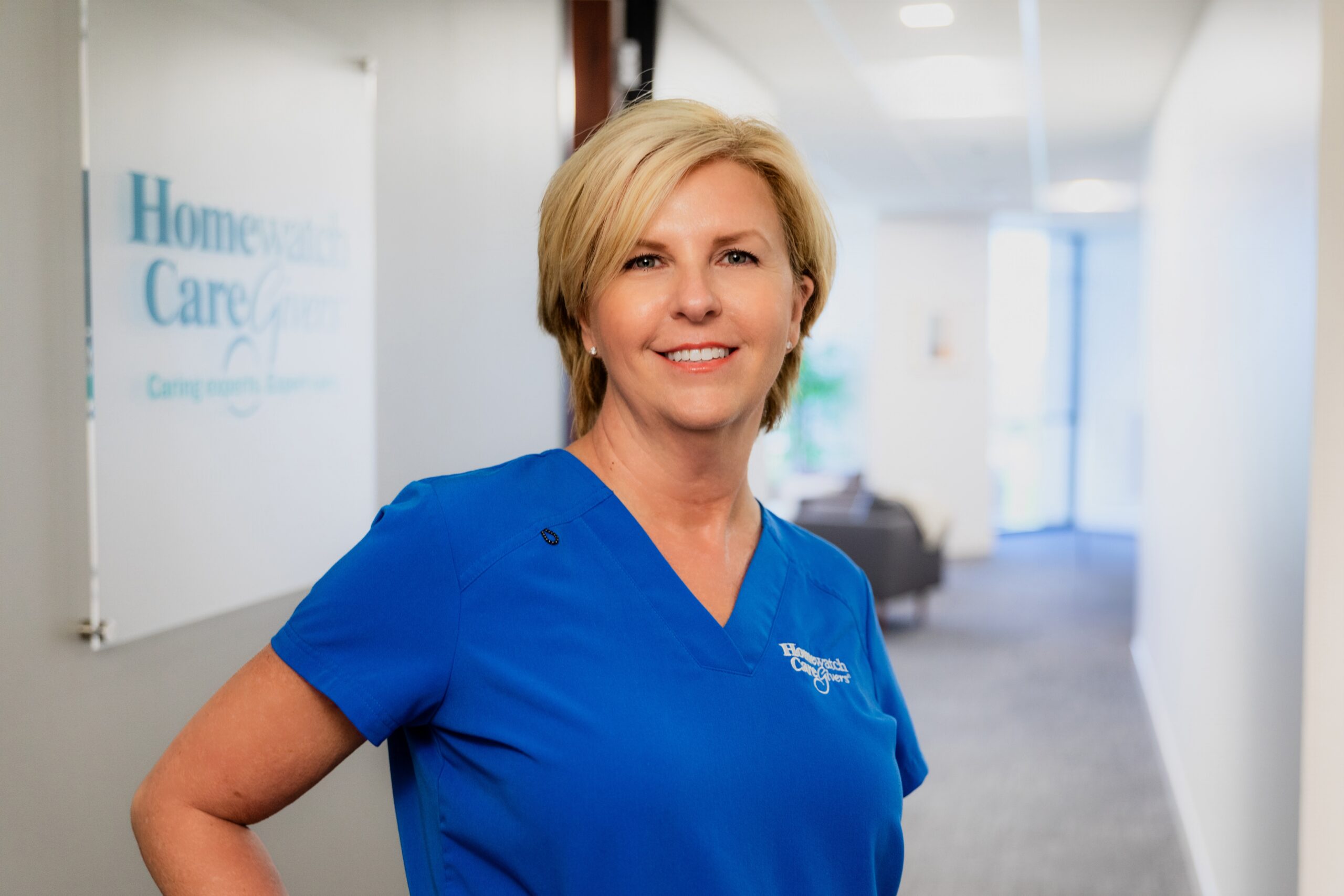
From Growth to Impact: Homewatch CareGivers’ 2025 Milestones and 2026 Outlook
February 20, 2026

What to Expect as a Home Care Franchise Owner
May 6, 2025

5 Things to Know Before Starting a Home Care Franchise in 2025
April 1, 2025

Why Corporate Professionals Are Investing in Senior Care Franchises
April 1, 2025

Todd Houghton Named to 2025 Titan 100 – Celebrating Leadership in Home Care
March 21, 2025

Advantages of Owning a Franchise
March 5, 2025


